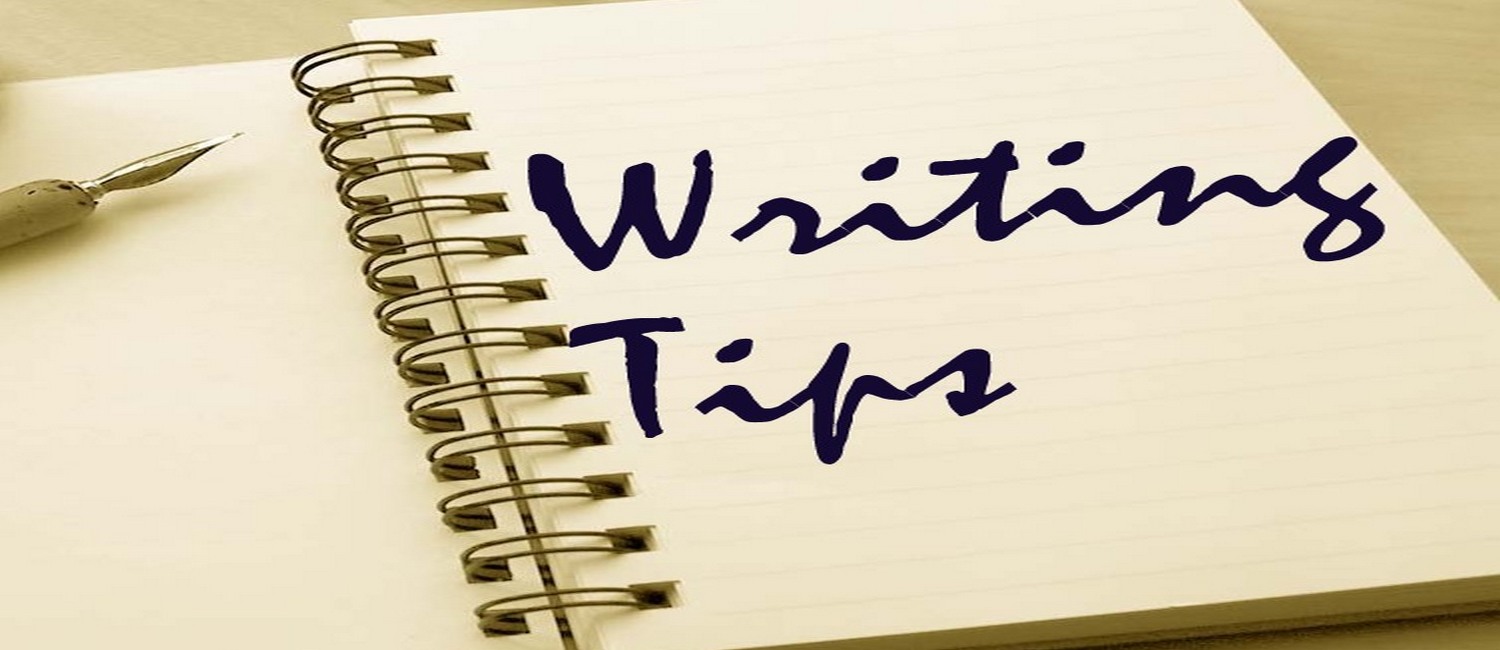Job interviews
Once the CV has got you an interview, the interview will get you a job.
Preparing for a job interview
- You must prepare for every interview , by researching the company and anticipating and practicing questions, and preparing questions to ask during your interview. Employers are impressed by candidates who have researched their organization, analyzed the job description and express positive energy and enthusiasm for the job.
- Research the individual(s) you’re meeting with. Some companies will give you the names of the individual(s) you’re meeting with. If they do, look at the person’s LinkedIn profile and also Google them so that when you meet them you know their background and can ask questions that show you’re well informed.
- Research the organization. Visit their website to understand their products/services, the volume of business, competitors, culture, and other key information. Search for news articles or other publications about the organization. Use Google News, as well as LinkedIn and Twitter. You can also talk to some one who you know who works there.
- Research the job. You also need to understand as much as you can about the job itself. Study the job description and match your experiences, skills and interests to the job. It’s also important to have a good idea of a salary range for the position in case that comes up during your interview, but also so that you can better negotiate when you have an offer.
- Know yourself. After the research, focus on yourself. Why are you interested in this position? How does your work experience and qualifications fit the requirements of the job? Identify and practice discussing your strengths and weaknesses, your goals and values. Write down your accomplishments and prepare concrete examples as evidence.
- You can also schedule a mock interview with careers office by sending an email to careers@strathmore.edu
- Prepare some questions in case the interviewer invites you to ask a question. The questions you ask indicate your level of interest in the organization and your preparation for the interview. If you don’t have any questions to ask, most employers will think you’re not really interested in the job. Please DO NOT ask questions that could easily be answered through your own research. Instead, ask questions that demonstrate a genuine interest in, and understanding of, the organization and the position.
Common Interview questions
- Tell me about yourself.
- Why are you interested in this position?
- Where do you see yourself after graduation?
- Where do you see yourself in five years?
- Can you describe one or two of your most important accomplishments?
- What are your strengths and weaknesses?
- Why should I hire you?
- What do you hope to gain from this position?
- Tell me about a time you took a leadership role?
- Tell me about a time when you disagreed with your manager or a co-worker?
- Tell me about a time when you failed/missed a deadline?
Etiquette for the Interview
- Arrive 15 minutes early so you have time to find the interview venue
- Dress for success. It’s best to dress more conservatively rather than risk being under-dressed.
- Your interview starts the moment you walk through the door, so be polite and courteous to everyone, and remember to turn your cell phone off.
- You should send a thank you note within 24 hours after the interview to each person you interviewed with. It’s best to send the thank you note by email -take the opportunity to reiterate your enthusiasm and/or to clarify something you don’t think you answered well.
- Responding To The Job Offer. Your first step after being given a verbal job offer is to thank the employer for the offer and express your enthusiasm. It’s best not to accept the offer on the spot, as that prevents you from following up with other employers you may have interviewed with, but not yet heard from, and also doesn’t give you the opportunity to review the written terms of the offer to try to negotiate your salary and/or other terms. After receiving the offer letter with salary and benefits information, you should ask any questions, negotiate, and/or accept the offer.

